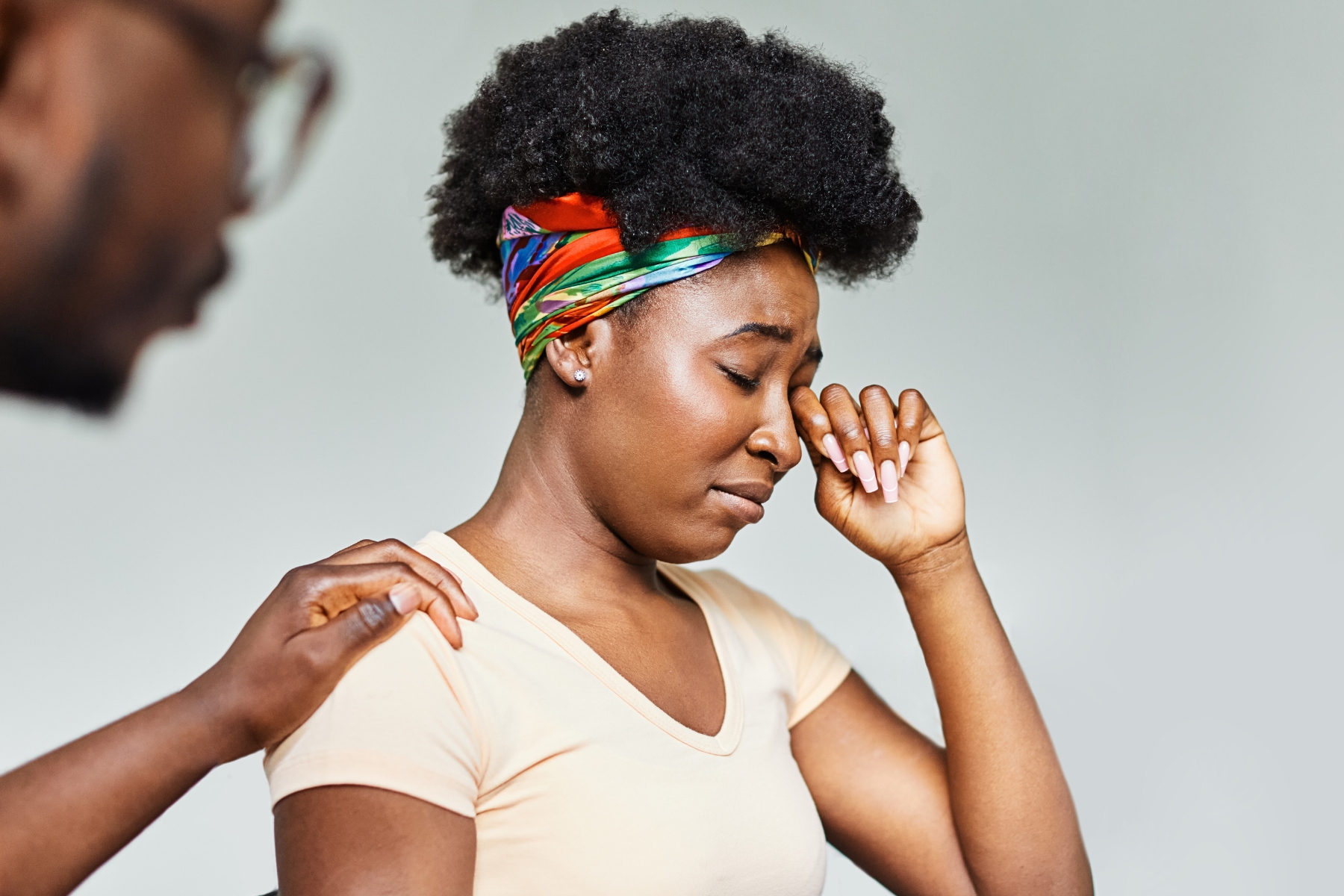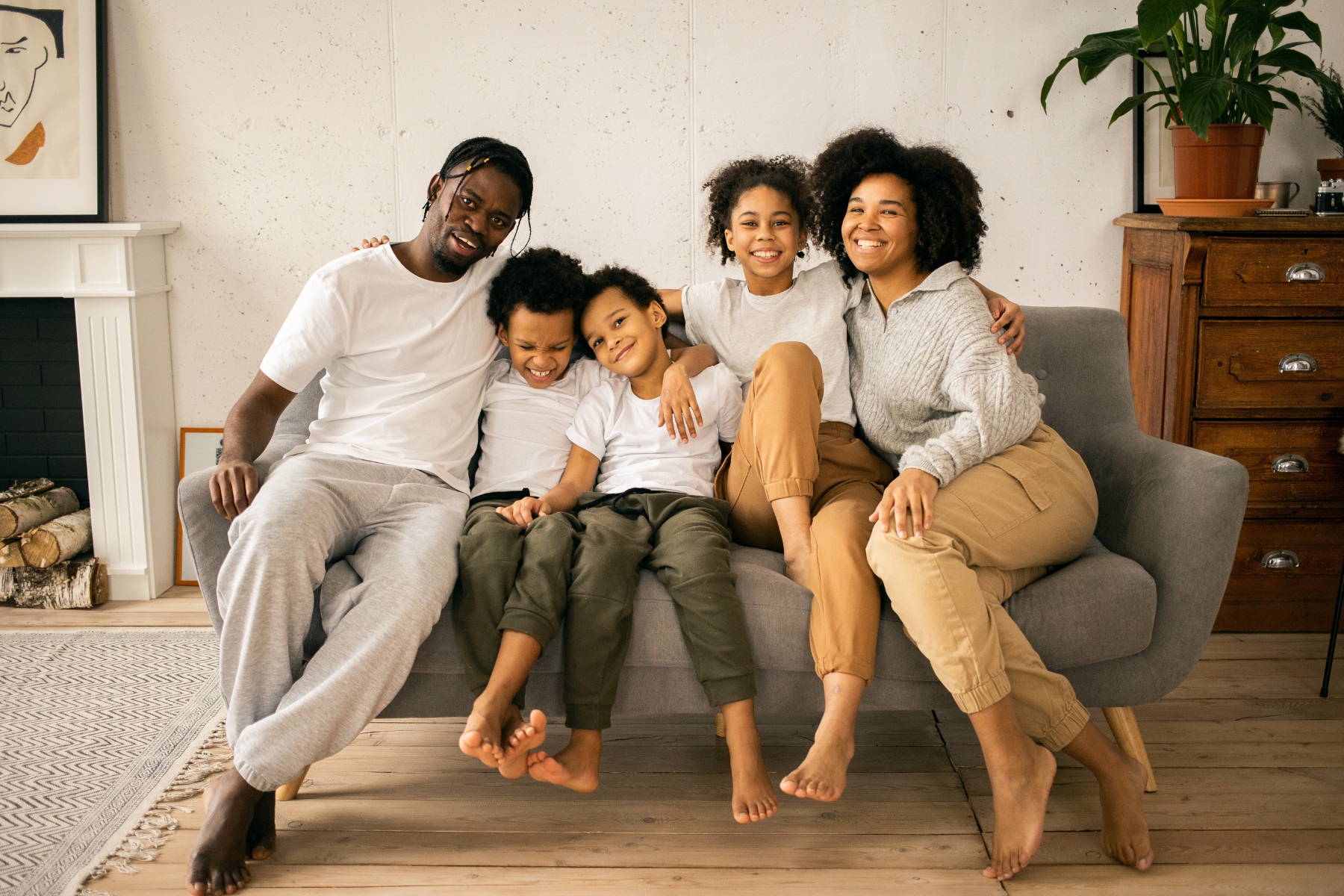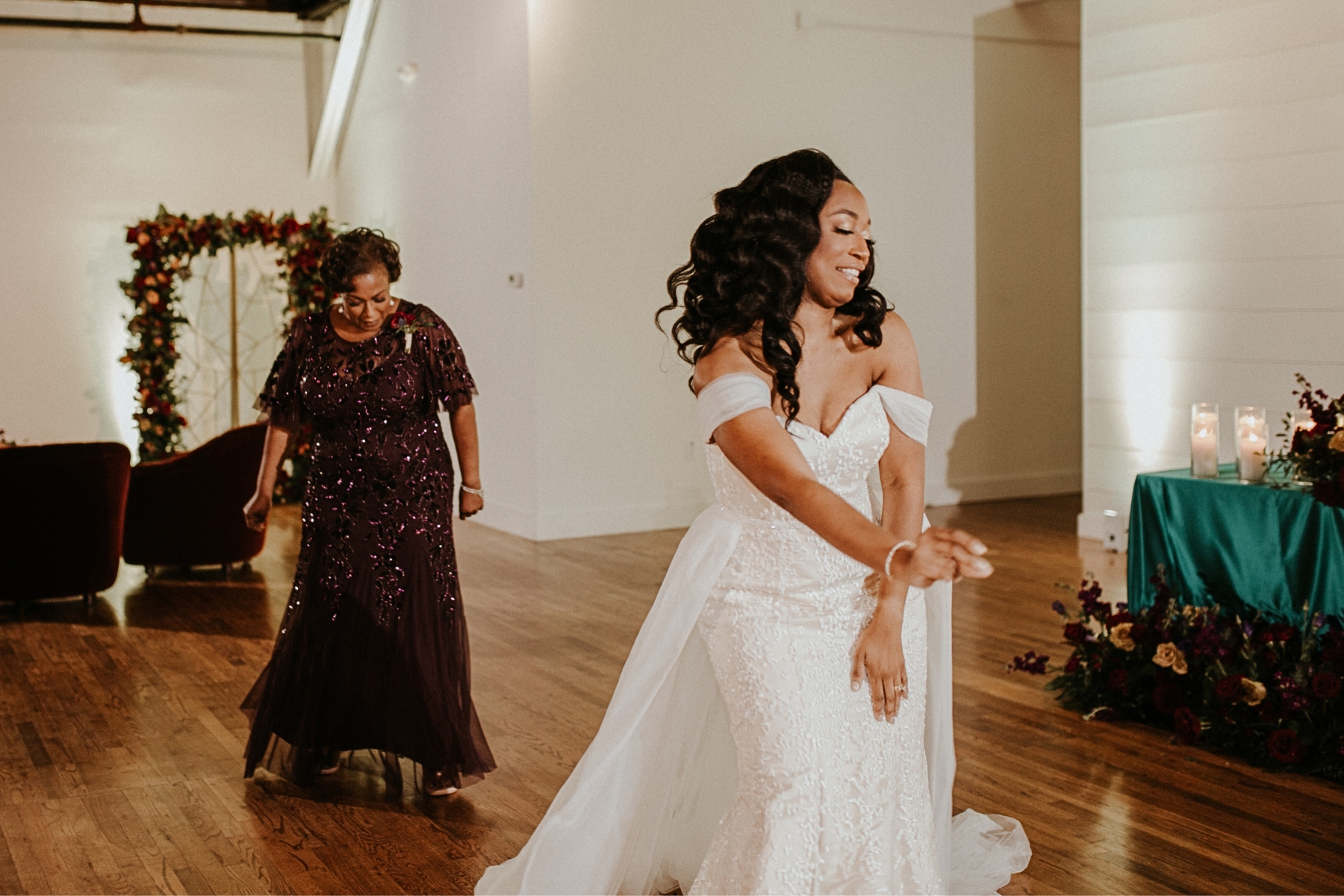Getting married is often celebrated as the ultimate dream: the ring, the engagement photos, the wedding day. But after the excitement fades, many newlyweds experience an unexpected emotion: loss. Therapist Lakeita Cook captured this feeling perfectly on Hue I Do, explaining, “You’ve had this relationship with this thing — wedding planning — for so long. When it’s gone, you have to sit in it, feel those feelings, and experience the shift.”
If you’re feeling like you’re losing yourself after marriage, you are far from alone. The good news? You can rebuild your sense of self in a way that’s even stronger and more fulfilling.
Why Losing Yourself After Marriage Happens
During your engagement, life revolves around planning. You become “the bride” or “the groom,” and your identity is often tied to the countless decisions and celebrations that lead up to the big day. Lakeita reminds us that much like a therapy session, a wedding is “one piece of your journey, not the whole story.”
But when the wedding ends, the structure that shaped your daily life disappears. The vendors stop calling. The constant conversations about color palettes and seating charts fall silent. You wake up not as “the bride” but simply as “you” — and sometimes, that feels unsettling.
Adding another layer to this emotional shift, content creator and marketer Shameika LH Smith reflected on a recent episode of Hue I Do, “No one ever really talks about the grief that you go through from singlehood to fiancé to wife. You don’t get to bask in each stage.” Her words reveal a truth many experience but few articulate: even joyful milestones involve mourning the identities we leave behind.
Psychologists agree that transitions — even positive ones — trigger grief. You’re not just adjusting to new roles; you’re mourning the closure of a chapter that defined you.
Signs You’re Losing Yourself After Marriage
Recognizing the signs can help you address them head-on:
- Feeling purposeless or adrift after the wedding
- Missing the excitement and structure that planning brought
- Questioning your identity outside of “wife” or “husband”
- Feeling disconnected from hobbies, friendships, or passions
- Experiencing unexpected sadness, anxiety, or irritability
If any of these resonate, know that your feelings are valid.
How to Rebuild Your Sense of Self After Marriage
So how do you rebuild yourself after getting married? By navigating the emotional terrain of early marriage with intent. Here are a few steps to help you reconnect with yourself:
1. Acknowledge What You Feel
Lakeita emphasized, “Naming it — calling it out — is powerful.” Rather than brushing aside uncomfortable emotions, acknowledge them. Saying “this doesn’t feel so good” is a courageous first step toward healing.
2. Give Yourself Time to Transition
Just as wedding planning took time, so does settling into married life. Grant yourself grace and patience. Growth doesn’t happen overnight.
3. Reconnect With Passions or Discover New Ones
Reflecting on the wedding process, Lakeita suggested, “Was it the creativity? The organizing? Find a way to carry that forward.” Whether it’s joining a pottery class, exploring event planning, or taking up photography, channel your energy into something that lights you up.
4. Maintain and Nurture Friendships
Friendships offer a vital tether to your evolving identity. As Shameika put it, “My single friends understood that my perspective was different, but it didn’t change our bond.” Prioritize meaningful connections, even as life shifts around you.
5. Have Open Conversations With Your Partner
Transitioning into daily married life can feel like learning each other all over again. “Even though we were together four and a half years, moving in together after long distance was like learning each other all over again,” Shameika shared. Honest conversations about your feelings create a bridge between you and your spouse during this adjustment period.
6. Create New Traditions Together
Lakeita encouraged filling the void with “new things to look forward to,” such as regular date nights, travel, or creative side projects. New rituals help anchor your new chapter and create fresh excitement.
7. Normalize Seeking Therapy
Investing in mental health is an act of love for yourself and your marriage. As Shameika wisely advised, “Don’t let your relationship go bald like tires needing rotating. Get the maintenance.” Therapy can offer invaluable tools to navigate identity shifts and emotional changes.
Final Thoughts
Marriage is not just a continuation — it’s a transformation. It’s natural to grieve the versions of yourself you’ve outgrown. As Lakeita so beautifully reminded us, “Reflect on it. Feel it. And then get curious about what’s next.”
You’re not just a bride, groom, husband, or wife. You are still you — dynamic, evolving, and wonderfully whole. Losing yourself after marriage isn’t the end of your story; it’s the beginning of an even deeper journey toward your fullest self.




